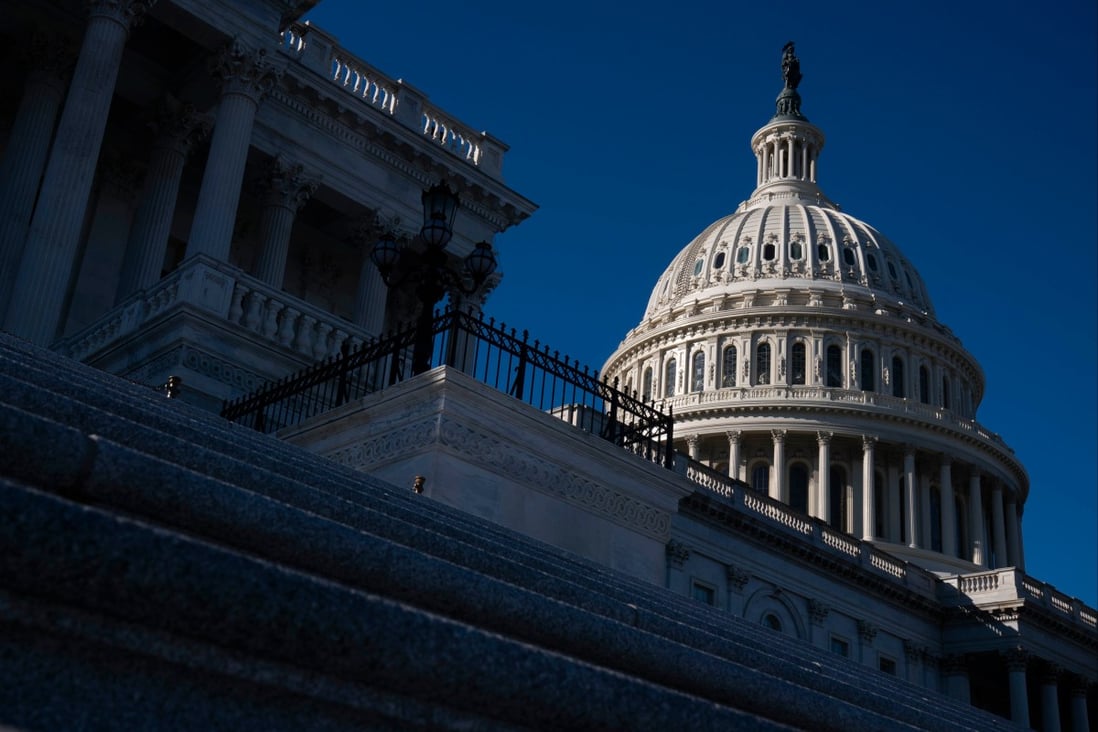14/12/2021

The term “metaverse” is suddenly everywhere, a buzzword constantly on the lips of tech gurus and cryptocurrency enthusiasts.
But the latest group taking an interest in what many believe to be the next iteration of the internet is made up of property tycoons and real estate professionals keen to buy up land in the digital world.
Virtual land sales have become one of the hottest new trends in a tech world increasingly fascinated with the metaverse, a shared, immersive 3D space where people can interact.
Valuations for virtual land at times exceed those in the real world.
A plot of land on popular metaverse platform The Sandbox, controlled by Hong Kong video games unicorn Animoca Brands, sold for about US$4.3 million last month to Republic Realm, a New York-based firm that develops real estate in the metaverse.
In Hong Kong, where housing is scarce and property is deemed the most critical of investments, the interest around virtual land sales is reaching a fever pitch. If the next iteration of the internet involves three dimensions, many believe virtual land upon which the likes of digital shopping malls and mansions can be built will inevitably become a highly sought-after asset.
Consequently, not only are big conglomerates rushing to get in on the action, individuals including former property brokers and asset managers are also busy scooping up land.
This week Adrian Cheng Chi-kong, the third-generation scion of Hong Kong’s New World Development, announced he has purchased one of the biggest plots in The Sandbox. The 42-year-old billionaire said he will form a “GBA Pavilion” in which start-ups from the Greater Bay Area can sell their products virtually.
Away from the limelight, individuals in the industry are also taking notice. Andrew Man, a Hong Kong-based investment professional at a public property investment company, said he has also started buying up land in The Sandbox.
The amount of interest from buyers is nothing short of astonishing, he said.
“Last Saturday, a new area opened up and the land was sold out in about a second. They made about 100 new plots of land available at the time,” the 29-year-old said. “I was in a WeChat group with a number of other landowners and we all failed to buy one. It’s literally a race for finger speed.”
Man currently owns three plots, one of which has nearly quadrupled in value in the space of a few short weeks. “When I bought it, it was about 1.8 ethers (US$7,241). Now it’s nearing 7 ethers,” he said. Ether is the world’s second largest cryptocurrency.
Virtual land is typically sold in the form of a non-fungible token (NFT) which is a blockchain-verified tradeable voucher that guarantees the authenticity of a digital asset. NFTs are then often traded via cryptocurrencies.
The escalating frenzy around virtual land sales has triggered concerns in Beijing reflected in mainland Chinese state media recently.
The Communist Party mouthpiece People’s Daily newspaper issued a fresh warning last week saying speculators risk “getting burnt” as they try to turn a quick buck buying virtual land. The report said property sales in the metaverse were akin to “product financialisation” and carry the risk of volatility, fraud, illegal fundraising and money laundering.
Man said the conventional wisdom that applies to property investment very much applies in the virtual world as well. The biggest factor that determines the value of a plot of land is unequivocally “location, location, location,” he said.
In turn, there are two factors which determine the value of the location itself: distance from the centre of the metaverse and the callibre of neighbours.
“Someone just paid US$450,000 for a tiny plot of land to become Snoop Dogg’s neighbour in The Sandbox,” he said, “One of my plots is next to a huge unsold plot. I’m just hoping it will eventually be taken up by Disney or something later on.”
Jason Au, director of the Nasdaq-listed investment firm Troops Inc, is also an avid buyer of digital land. Formerly an owner of a property brokerage firm in the Mid-Levels district of Hong Kong, Au joined some NFT enthusiast friends in buying a handful of big plots in Decentraland, another popular metaverse platform similar to The Sandbox, in August. One plot, he believes, is worth nearly HK$10 million (US$1.28 million).
Last month, a parcel in Decentraland was sold for a record US$2.43 million.
“The way I see it, the world of NFTs and cryptocurrencies is kind of like going back to the beginning of the internet when people are registering domain names, etc. It’s like history repeating itself and it is an opportunity for us,” the 41-year-old said.
Au believes owners of virtual land should in the future be allowed to rent it out or treat it as they would physical land.
In an interview with the Post in June, Yat Siu, co-founder and executive chairman of Animoca Brands, said real estate investments are highly relatable to the residents of Hong Kong, making digital land more attractive and understandable than perhaps some other forms of NFT.
“Unlike buying art or other things which can be hard to evaluate their worth, Hongkongers all understand the value of land,” he said.








